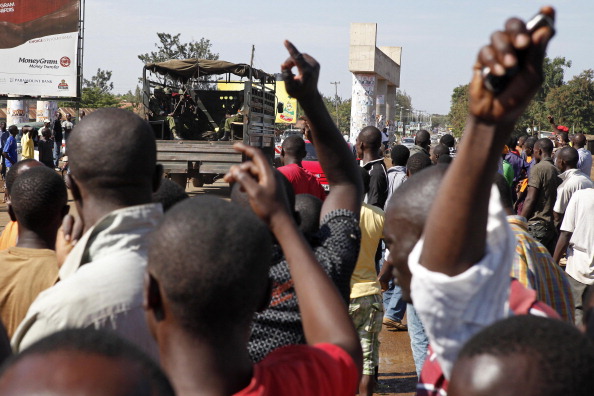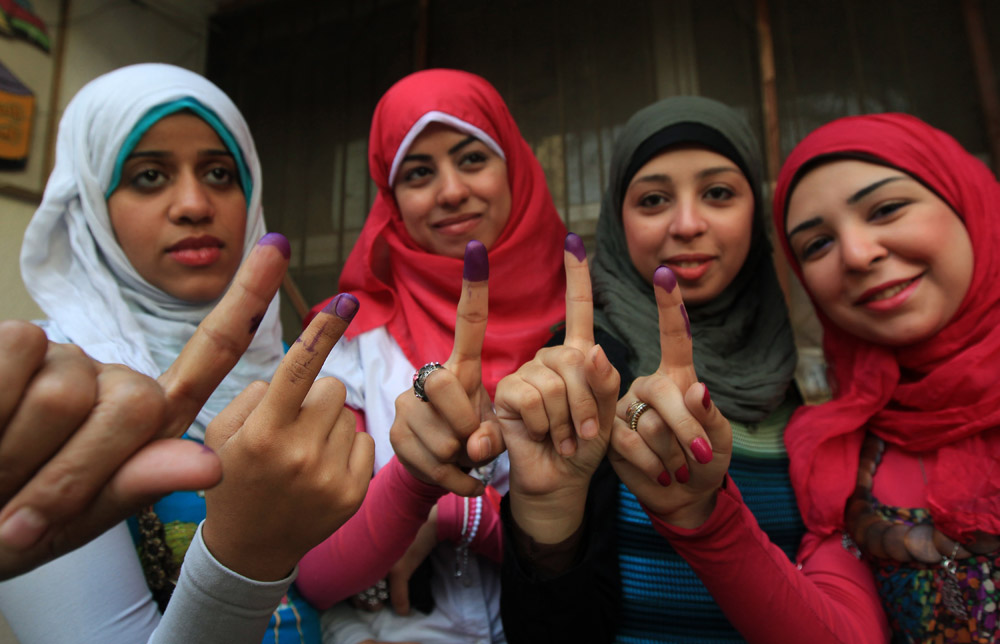“The human rights situation in Honduras seems to deteriorate every day. It looks like no one is safe from the widespread violence and insecurity. Those defending human rights are particularly exposed to abuses and attacks.”
-Guadalupe Marengo, Amnesty International’s Americas Deputy Program Director.
On Sunday, November 24, Hondurans will vote for their next president. Amnesty International recognizes this as an historic opportunity to improve human rights in the Central American nation. AI has sent an open letter to all of the candidates outlining specific actions that the next president must take in the areas of
- Human Rights Defenders
- Public Security
- Impunity
- Individuals & Communities at Risk (Indigenous, Garífuna, Campesinos, Women, & LGBTI)
Amnesty is very concerned about the safety of human rights defenders and journalists during and immediately after the elections. Please send a message to President Lobo that he must guarantee the protection of these individuals before, during, and after Sunday’s elections. We suggest you also send President the following tweets in English and Spanish:
- .@PEPE_LOBO Will you publicly commit to zero tolerance of attacks against #humanrights defenders & journalists during #Honduras elections?
- .@PEPE_LOBO ¿Se comprometerá a cero tolerancia de ataques contra periodistas y defensoras/es de #DDHH durante #EleccionesHonduras?
Please also tweet the presidential candidates to tell them to protect human rights:
- .@andrespavon_ @VilledaMauricio Will you commit to protect #humanrights defenders & journalists? #EleccionesHonduras
- .@JuanOrlandoH @XiomaraCastroZ Will you commit to protect #humanrights defenders & journalists? #EleccionesHonduras
- .@SalvadorNasrala @RomeoVasquezV @OrleSols @Pinusd_HN Will you commit to protect #humanrights defenders and journalists? #EleccionesHonduras





